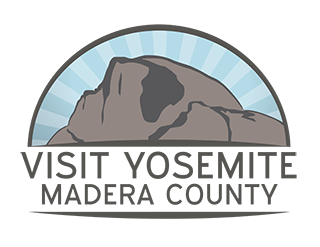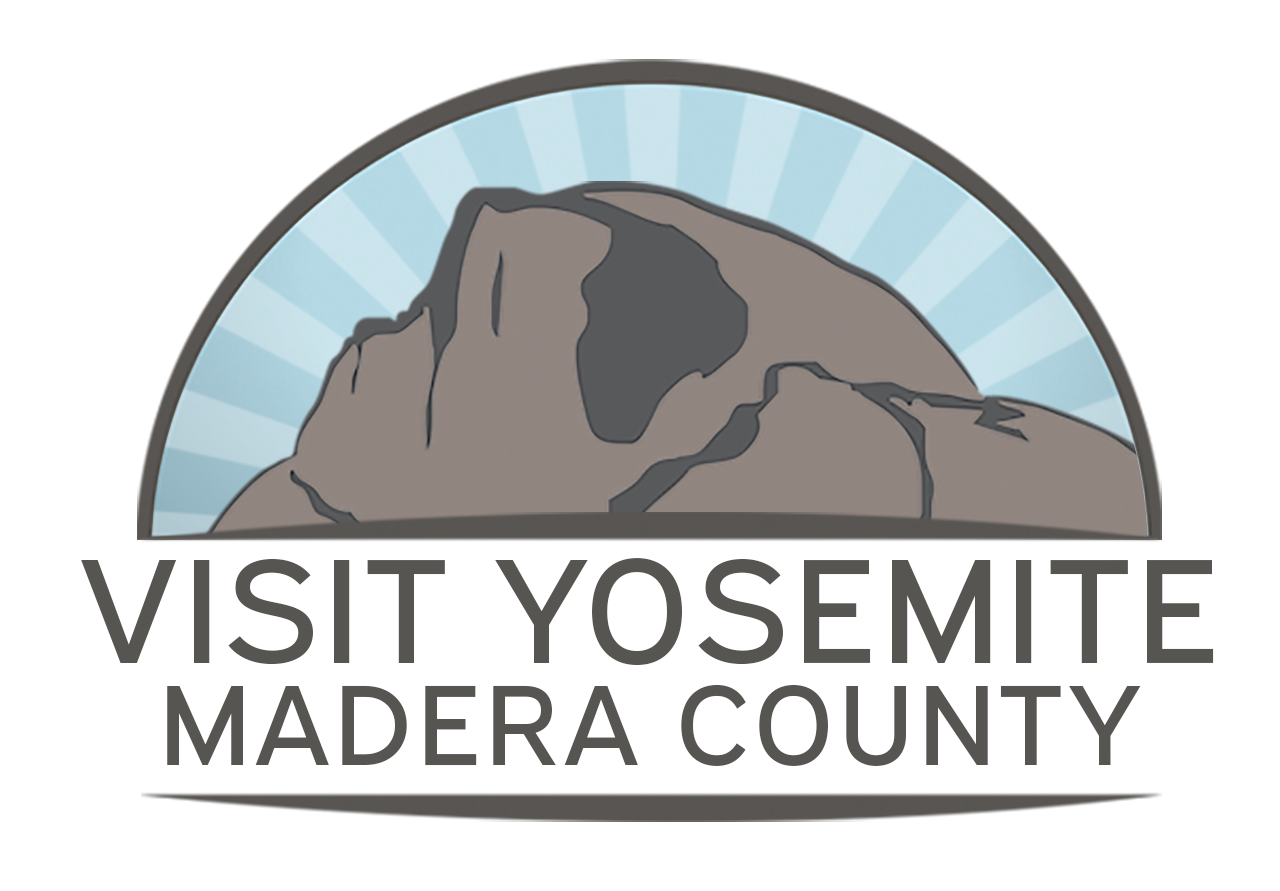In our past article, we’ve talked about how the trees can tell you a lot about the climate. As you go up in elevation, each area provides a perfect spot for a given species of tree to grow. In that same vein, Yosemite provides the perfect canvas for a display of wildflowers unlike anywhere in the world. A crossroads of 1,450 species found from the Pacific Coast, Great Basin, southern deserts, and northern mountains, all within one park.
Basic Rule: Follow the Snowmelt
Wildflowers have a basic time of year they bloom. But they aren’t on a rigid calendar based schedule. Rather, they take into account snowfall and weather. If the snowpack is deeper than usual, the wildflowers may take their time to come out of dormancy, but if it was a low snow year, then it’s the other way around.
1,000 – 3,000 Feet

3,000 – 7,000 Feet

7,000 – 9,000 Feet

Known as the sub-alpine, spring comes much later here than the rest of the elevations at around June. As Tioga Road opens, you’ll be gifted with a display of pinks in the Tuolumne Meadow from the shooting stars. As the wildflower season wanes into late August, the flowers transition featuring blooms like the rich blue gentians and alpine goldenrod.
9,000+ Feet
As many like to call it, this is the “roof” of the park. In the biggest winters, the hardy bloomers sometimes have to wait until early July before they get their chance. In the alpine zone, you’ll find flowers like the ranger’s button on ridge outcroppings, or if you’re there in the early bloom, Sierra butterweed.
Think of wildflower season in Yosemite like a rolling crescendo in a classical song. It starts slowly in the lower elevations, begins to transition into the valley, and climaxes in the meadows high up with a few stars left in the alpine.
______________________________________________________________________________________
Like what you see? Save any of these pins (or possibly all of them) to your travel planning board(s) to give you an easy way to find your way back here! Also check out our other blog posts as well as itineraries for more ideas and pins!
About The Author:
Alex founded localfreshies.com® in 2014 to be the #1 website providing the “local scoop” on where to eat, drink & play in mountain towns throughout North America. When he’s not writing and executing marketing strategies for small businesses & agencies, he’s in search of the deepest snow in the winter and tackiest dirt in the summer.







 Alex Silgalis
Alex Silgalis


